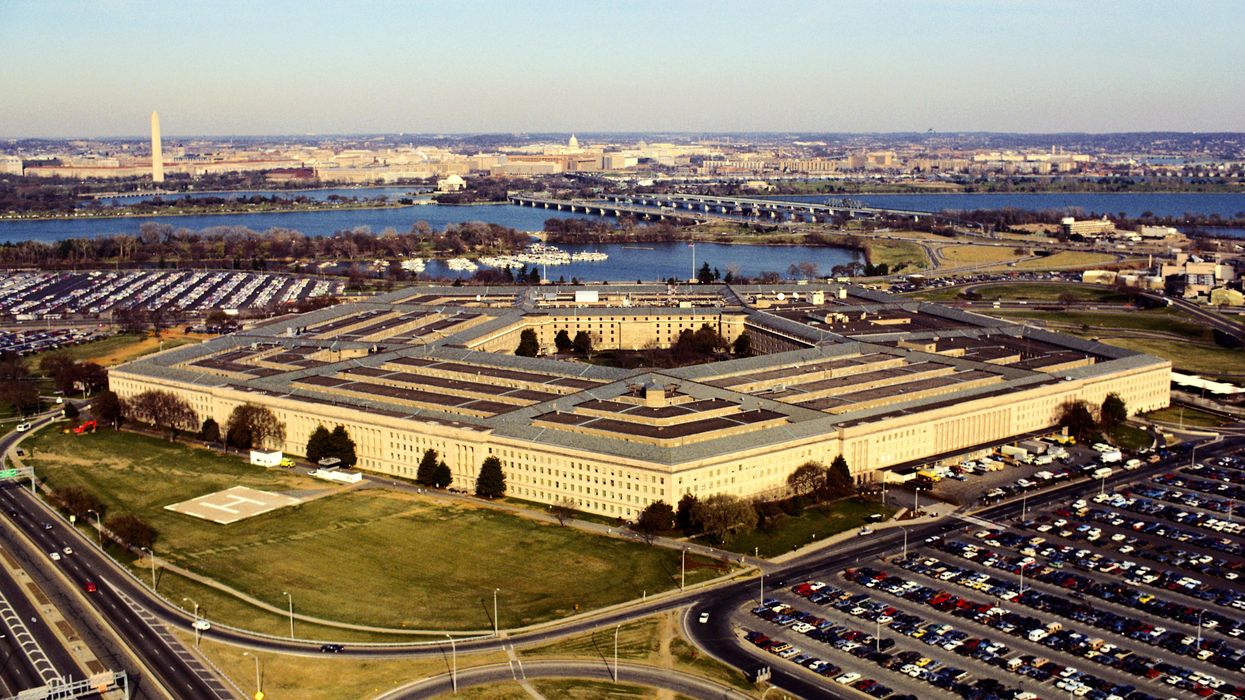Serious human rights violations in Azerbaijan, China, Cuba, Russia,
and Saudi Arabia undermine their candidacies for the May 12, 2009
election to the United Nations Human Rights Council, a global coalition of international nongovernmental organizations (NGOs) said in a letter released today.
In a letter to UN member states, the NGO Coalition for an Effective
Human Rights Council expressed concern that the human rights records of
Azerbaijan, China, Cuba, Russia, and Saudi Arabia, all of which are
running for re-election, fall far short of the required "highest"
standards of human rights. The coalition urged UN member states not to
vote for these countries as they have not made real progress to address
human rights violations and to cooperate fully with the council ahead
of the election.
"These five countries stood out as rights violators in 2006 and
sadly still do today," said Steve Crawshaw, UN advocacy director at
Human Rights Watch. "They have made many promises but taken few steps
to make them convincing candidates for a human rights body."
Member nations of the UN General Assembly in New York will elect 18
new members to the 47-member Human Rights Council in Geneva, the UN's
leading human rights body. Council members are required to "uphold the
highest standards" of human rights and "fully cooperate" with the
council.
The make-up of the Human Rights Council reflects the UN's geographic
composition, and seats are allotted by regional group. In four out of
five regions, the number of candidates is expected to equal the number
of seats allotted to the region, thus eliminating any meaningful
competition and comparative scrutiny of candidates. Even so, each
candidate must secure an absolute majority of the General Assembly - 97
votes - in order to obtain a seat.
"The old practice of regional endorsements and rubber-stamping was
supposed to go out with the Human Rights Commission," said Yap Swee
Seng, executive director of Asian Forum for Human Rights and
Development (FORUM-ASIA), referring to the Human Rights Council's
predecessor. "But the lack of real choice in so many regions suggests
that many countries have gone back to putting politics and vote trading
ahead of human rights and an effective Human Rights Council."
In the African region, Cameroon, Djibouti, Kenya, Mauritius,
Nigeria, and Senegal have declared their candidacies for the five
available seats, but delegates from the African region say that one of
the candidates will withdraw before the election and the region plans
to again present a non-competitive slate. In the Western European and
Other group, Belgium, Norway, and the United States are running for the
region's three open seats. Although New Zealand was running, it
withdrew from the election after the United States declared its
candidacy.
"It is especially disappointing that for the first time the
longstanding democracies in the Western group have chosen to run a
non-competitive election for the Human Rights Council," said Dokhi
Fassihian, executive director of Democracy Coalition Project. "We fear
this poor decision will undermine efforts to improve the membership of
the council through competitive slates."
Only in the Eastern Europe slate are member states sure to have a
choice of candidates, with Hungary, Russia, and Azerbaijan vying for
two seats. The coalition noted that Azerbaijan harasses and intimidates
human rights defenders, continues to hold political prisoners, and uses
criminal charges to silence independent media. The human rights
situation in the country has deteriorated during its three years on the
council. Similarly, Russia has tightened control over civil society,
restricted freedom of expression and the media, and allowed harassment
and violence against journalists and activists to go unpunished.
"Among Eastern European candidates, the choice is clear," said Igor
Blazevic, head of the Human Rights and Democracy Department of the
People in Need. "Russia and Azerbaijan simply do not uphold the highest
standards of human rights."
China, Saudi Arabia, and Cuba are running in non-competitive
elections. Although Cuba remains the one country in the Western
Hemisphere that represses nearly all forms of political dissent, it
faces no competition for its seat, with only three countries (Cuba,
Mexico, and Uruguay) running for the three open Latin American seats.
Countries in the Asian regional group have gone so far as to endorse
unconditionally all five candidates running for the Asian region's five
open seats, including China and Saudi Arabia, two countries well known
for their human rights violations. Bangladesh, Kyrgyzstan, and Jordan
are also running.
"We had hoped that the election of Azerbaijan, Cuba, China, Russia,
and Saudi Arabia to the new council in 2006 would lead to much needed
reforms to improve their rights records, but have only seen empty
promises of change," said Bahey el-din Hassan, director of the Cairo
Institute for Human Rights Studies (CIHRS). "Saudi Arabia is a prime
example of failure to reform. Grave human rights abuses occur regularly
there. Saudi citizens cannot form political parties or associations or
peacefully assemble, religious minorities still suffer obvious
discrimination, and women - for no other reason than being female - are
denied basic rights."
The NGO Coalition for an Effective Human Rights Council urged UN
member states to cast their votes only for those countries with records
of human rights protection and cooperation that meet membership
standards.
"Widespread, serious human rights abuses by China, Cuba, and Saudi
Arabia should carry a cost, even in the absence of competition," said
Paula Schriefer, director of advocacy at Freedom House. "Members of the
international community should not reward failure to promote and
protect human rights with their votes."
Read the letter from the NGO Coalition for an Effective Human Rights Council to UN member states >>
View profiles of human rights conditions in countries running for the Human Rights Council >>




